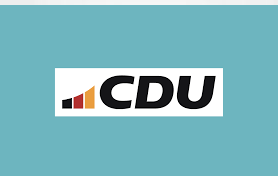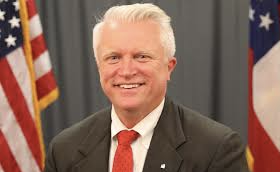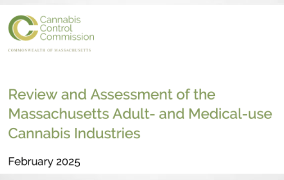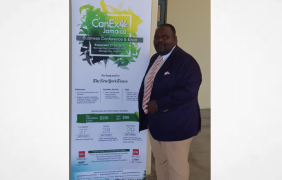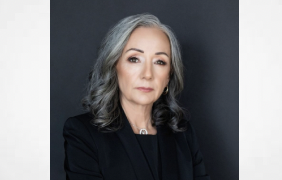On 3 February 2023, the Therapeutic Goods Administration (TGA) announced a major regulatory shift that will have significant impacts for the treatment of mental health conditions. Australia is now the first country to regulate psychedelic substances as medicines on national level.[1]
In our recent article, we explored the most promising psychedelic substances, their potential therapeutic uses, and how they are currently regulated in Australia and around the world. At the time, psychedelics were prohibited substances that were only available to be used in patients enrolled in clinical research. The TGA has announced that certain psychedelics – MDMA and psilocybin (the active ingredient in ‘magic mushrooms’) – will, from 1 July 2023, be regulated as controlled drugs, meaning that they can be prescribed by approved psychiatrists for use in treating patients with certain mental health conditions.
The regulatory scheme – how it works
The Poisons Standard
The Commonwealth Poisons Standard (Poisons Standard) classifies medicines and poisons into ten schedules according to the degree of control that is exercised over their availability to the public. Each Australian state and territory has adopted the Poisons Standard. The possession, sale and supply of substances listed in the different schedules of the Poisons Standard, including psychedelics, is regulated by local state and territory legislation.
MDMA and psilocybin have, up until now, been included in Schedule 9 (Prohibited Substances) of the Poisons Standard, meaning that they were prohibited from supply (other than for use in an approved clinical trial).
The TGA’s recent decision
On 3 February 2023, the TGA confirmed that the Secretary of the Department of Health and Aged Care has decided to amend the current Poisons Standard to include MDMA and psilocybin in Schedule 8 (Controlled Drugs) with effect from 1 July this year. Following this amendment, these substances will be able to be supplied on prescription by psychiatrists approved by the TGA for use in treating patients with particular mental health conditions.
What are the circumstances in which psychedelics can be prescribed?
Psychiatrists who have been approved under the Authorised Prescriber Scheme (Scheme) will now be able to prescribe:
- Psilocybin for treatment resistant depression; and
- MDMA for the treatment of post-traumatic stress disorder.
There are currently no approved products containing psilocybin or MDMA on the Australian Register of Therapeutic Goods (ARTG). Following the TGA’s decision, authorised psychiatrists will be able to access and supply ‘unapproved’ medicines containing these substances for their patients under the existing Scheme.
The Authorised Prescriber Scheme
Generally, therapeutic goods must be included in the ARTG before they can be supplied in Australia. Under the Scheme however, authorised medical practitioners can supply unapproved therapeutic goods directly to patients under their immediate care without patient specific approval from the TGA.
There are two pathways under the Scheme – the ‘standard pathway’ and the ‘established history of use’ pathway.
(a) The standard pathway
For a medical practitioner to become an authorised prescriber under the standard pathway, they need to be approved by a Human Research Ethics Committee (HREC) or specialist college and apply to the TGA for approval as an authorised prescriber.
Applications for HREC approval or specialist college endorsement usually need to include evidence to justify the use of the unapproved product, including its clinical justification. Generally, where therapeutic goods are indicated for highly specific medical conditions (as is the case with psilocybin and MDMA), medical practitioners will need to demonstrate specialist experience to be approved as an authorised prescriber.
(b) The established history of use pathway
Approval from a HREC or specialist college endorsement is not required to supply products included in the list of medicines with an established history of use (published by the TGA here) under the Scheme. Psilocybin and MDMA are not currently included on the list, however, they may be in future (together with certain medicinal cannabis products that are currently included in the list).
Medical practitioners who supply products under either pathway of the Scheme are required to report the number of patients they treat to the TGA every six months.
No advertising is permitted
Psychedelics, like other prescription products, must not be advertised to the public. They may only be advertised to health professionals.
What constitutes ‘advertising’ of therapeutic goods is very broad and includes any statement, pictorial representation or design that is intended, whether directly or indirectly, to promote the use or supply of the goods. This includes material posted on the internet (including websites and in social media), articles published in newspapers and magazines, photographs, broadcast material, and displays on posters and notices.
There are very serious penalties that apply to the advertising of prescription medicines.
We anticipate that the regulatory landscape in this space will continue to shift rapidly and will continue to keep you informed.
Source:

